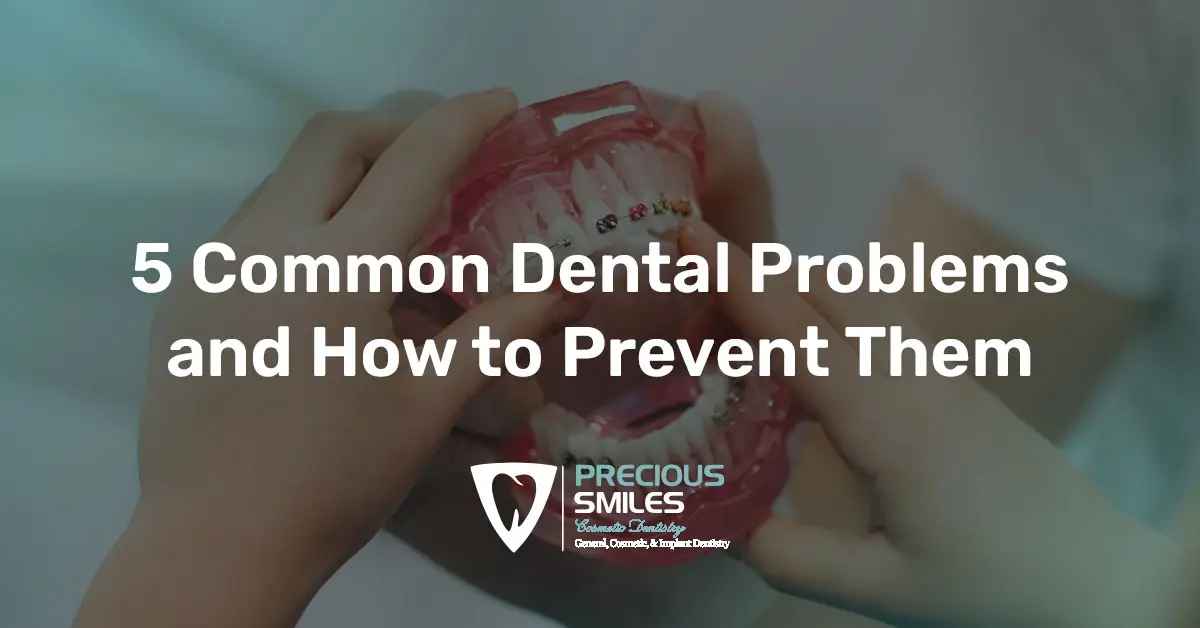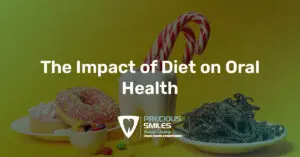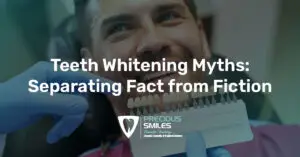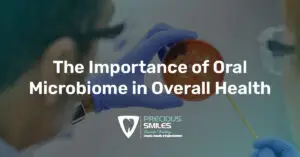Dental health is a cornerstone of overall well-being, yet many people underestimate the importance of preventive care. Our teeth are constantly exposed to challenges from food, beverages, bacteria, and lifestyle habits, which can lead to common dental problems if not managed properly. Understanding these issues and taking proactive steps can help maintain a healthy, bright smile and avoid costly treatments in the future. In this blog, we explore five common dental problems and provide practical strategies for prevention.
1. Tooth Decay (Cavities)
Tooth decay, also known as dental caries or cavities, is one of the most widespread dental problems worldwide. It occurs when acids produced by bacteria in the mouth erode the tooth enamel, creating holes or weak spots. Cavities can cause pain, sensitivity, and, if untreated, infections or tooth loss. The risk factors include frequent consumption of sugary or acidic foods and drinks, poor oral hygiene, and insufficient fluoride exposure.
Prevention Strategies:
- Brush your teeth at least twice daily with fluoride toothpaste.
- Floss regularly to remove food particles and plaque between teeth.
- Limit sugary snacks and beverages, opting for water or milk.
- Schedule regular dental check-ups for professional cleanings and early detection of decay.
- Consider dental sealants for children and adolescents to protect molars from cavities.
2. Gum Disease (Gingivitis and Periodontitis)
Gum disease is an inflammation of the gums caused by plaque buildup along the gum line. In its early stage, gingivitis presents with redness, swelling, and bleeding during brushing or flossing. If untreated, it can progress to periodontitis, which damages the supporting structures of the teeth, potentially leading to tooth loss. Beyond oral health, periodontitis has been linked to systemic issues such as heart disease, diabetes, and respiratory infections.
Prevention Strategies:
- Maintain meticulous oral hygiene through brushing and flossing.
- Use an antimicrobial mouthwash to reduce plaque buildup.
- Avoid smoking, as it exacerbates gum inflammation.
- Attend regular dental check-ups for professional evaluation and scaling.
- Monitor gum health at home and consult a dentist immediately if bleeding or swelling occurs.

3. Tooth Sensitivity
Tooth sensitivity is a common problem that manifests as discomfort or sharp pain when consuming hot, cold, sweet, or acidic foods and drinks. It is often caused by exposed dentin due to enamel erosion, gum recession, or dental procedures. While sensitivity is usually manageable, persistent discomfort may indicate more serious dental issues that require professional attention.
The 5-Minute Oral Care Routine That Dentists Secretly Use Themselves
Prevention Strategies:
- Use toothpaste designed for sensitive teeth that contain potassium nitrate or fluoride.
- Avoid aggressive brushing with hard-bristled toothbrushes that can wear down enamel.
- Limit acidic foods and beverages, such as citrus fruits, soda, and wine.
- Wear a mouthguard at night if you grind your teeth, as this can lead to enamel erosion.
- Schedule regular dental exams to identify and treat underlying causes of sensitivity.
4. Bad Breath (Halitosis)
Persistent bad breath, or halitosis, is more than a social inconvenience; it can be a sign of underlying dental or systemic health problems. Common causes include poor oral hygiene, gum disease, dry mouth, or certain foods and medications. In some cases, halitosis may indicate digestive or respiratory issues, highlighting the connection between oral health and overall wellness.
Prevention Strategies:
- Brush and floss thoroughly at least twice a day, including the tongue, which harbors bacteria.
- Drink plenty of water to prevent dry mouth and support natural saliva production.
- Avoid foods known to cause bad breath, such as garlic and onions, before social interactions.
- Quit smoking or using tobacco products.
- Visit your dentist regularly for professional cleanings and evaluation of potential underlying conditions.
5. Tooth Erosion and Enamel Wear
Tooth erosion is the gradual loss of enamel caused by acid exposure from food, drinks, or stomach acid due to reflux. Enamel protects the teeth from decay and sensitivity, so its loss can lead to a range of problems, including discoloration, structural weakness, and heightened sensitivity. Unlike cavities, erosion is not caused by bacteria but by chemical processes, making awareness and prevention essential.
Prevention Strategies:
- Limit acidic foods and beverages, such as citrus fruits, soda, and vinegar-based products.
- Drink acidic beverages through a straw to minimize contact with teeth.
- Wait at least 30 minutes to brush after consuming acidic foods or drinks to avoid further enamel damage.
- Use fluoride toothpaste and mouth rinses to strengthen enamel.
- Seek professional advice if erosion is suspected to apply restorative treatments early.
5 Easy Ways to Take Care of Your Oral Hygiene – Your Smile Deserves It
Proactive Dental Care is Key
Dental problems are often preventable with consistent oral hygiene, a balanced diet, and regular visits to your dentist. While cavities, gum disease, tooth sensitivity, bad breath, and enamel erosion are common, understanding the causes and implementing effective preventive measures can significantly reduce their impact. Investing in dental health not only ensures a bright, confident smile but also contributes to overall well-being, preventing more serious health complications in the future.
Remember, your mouth is the gateway to your body’s health, and proactive care today ensures a lifetime of healthy, functional teeth and gums.




